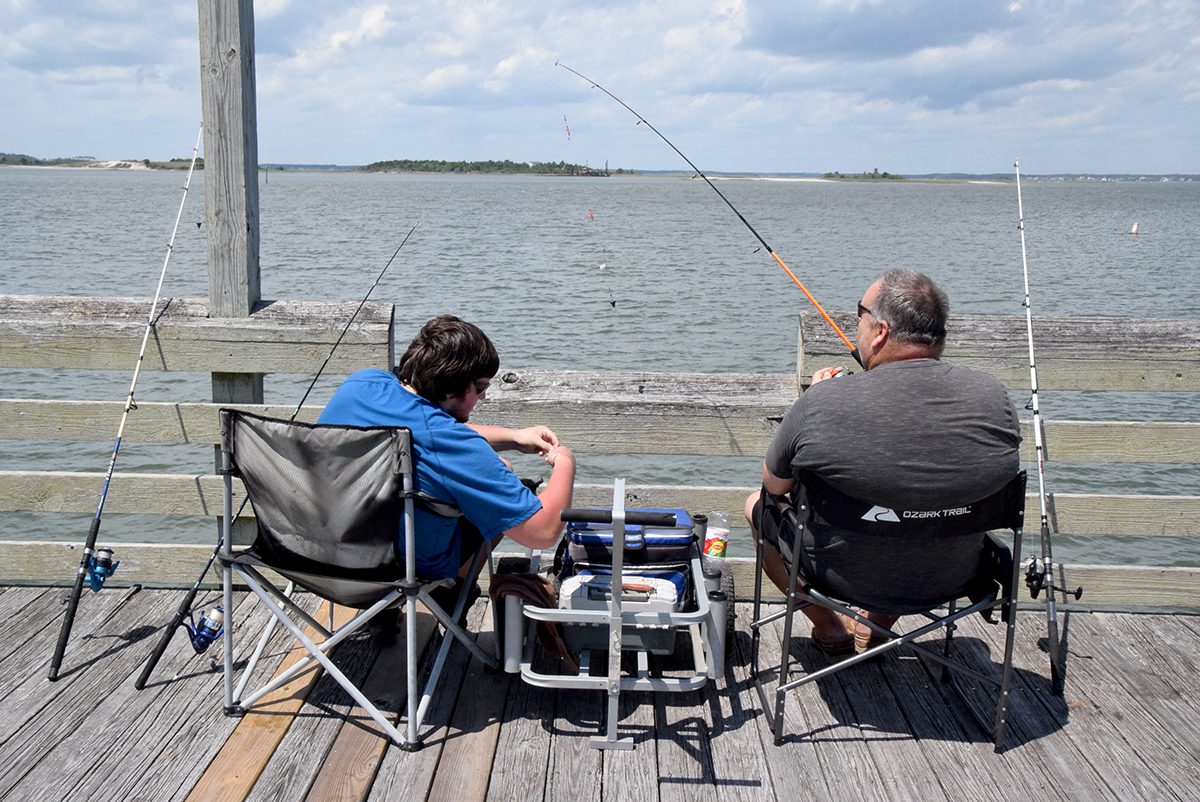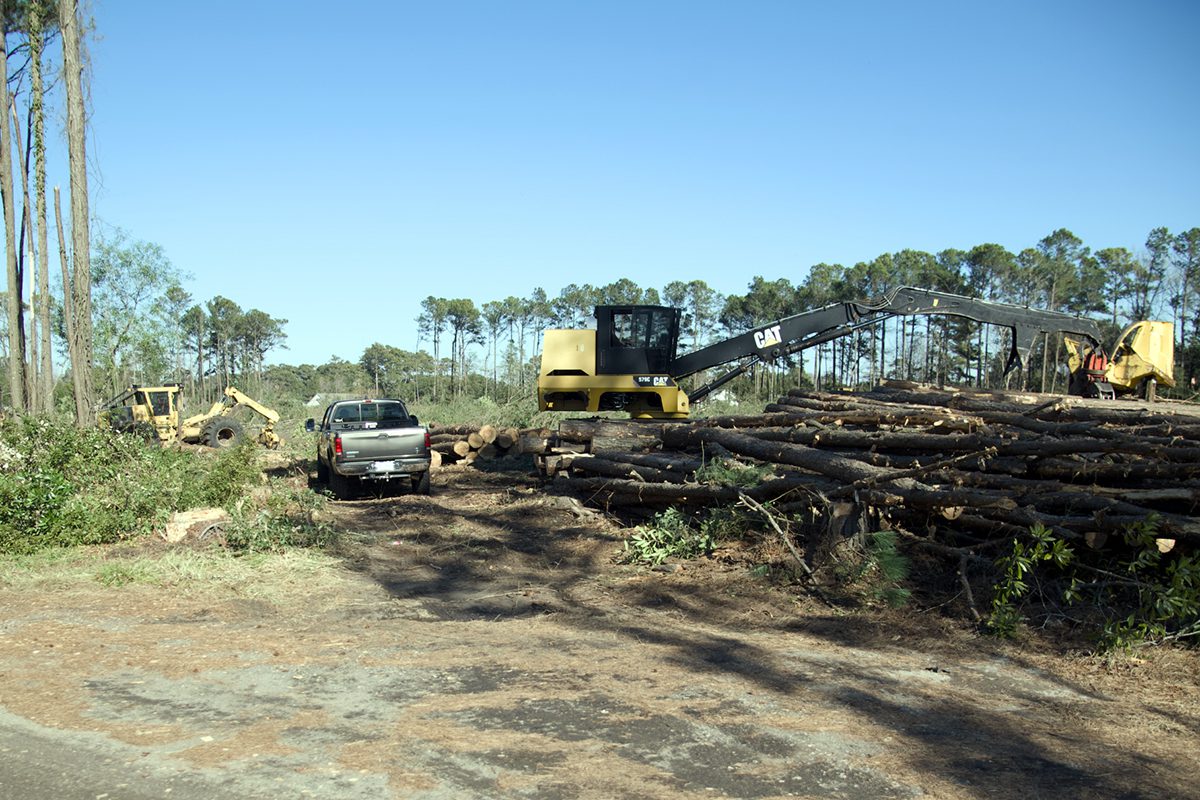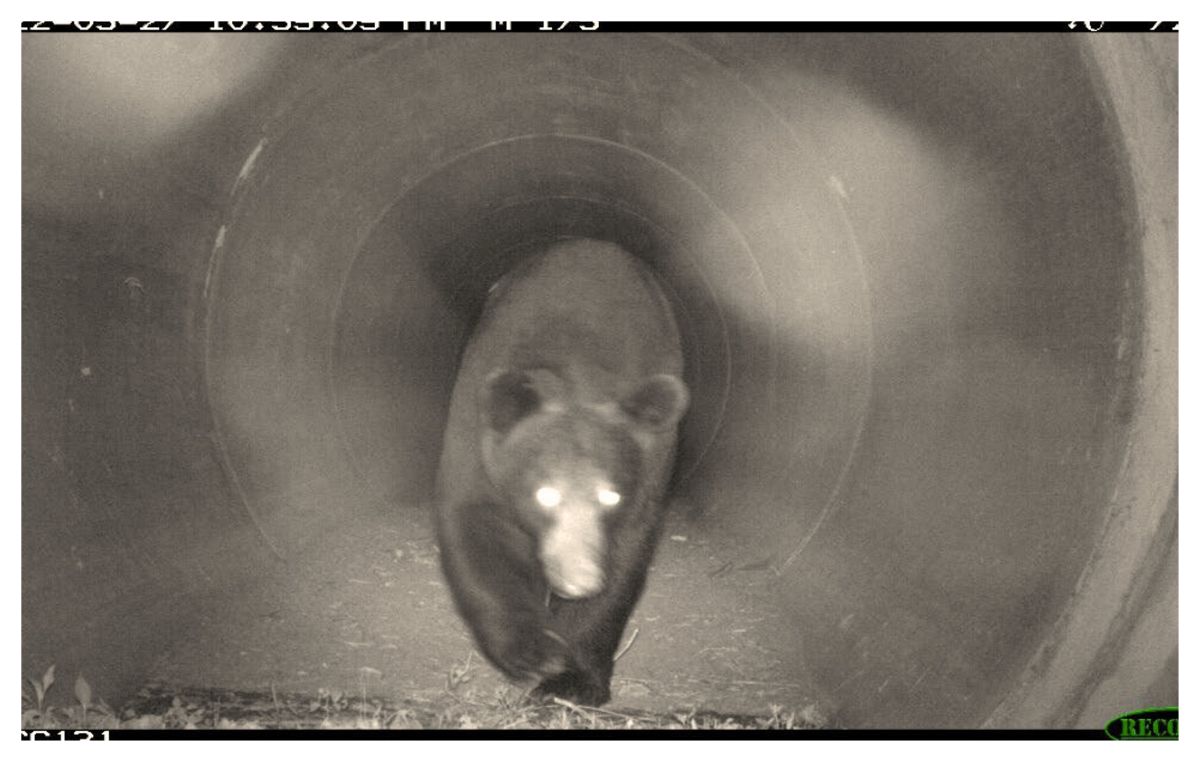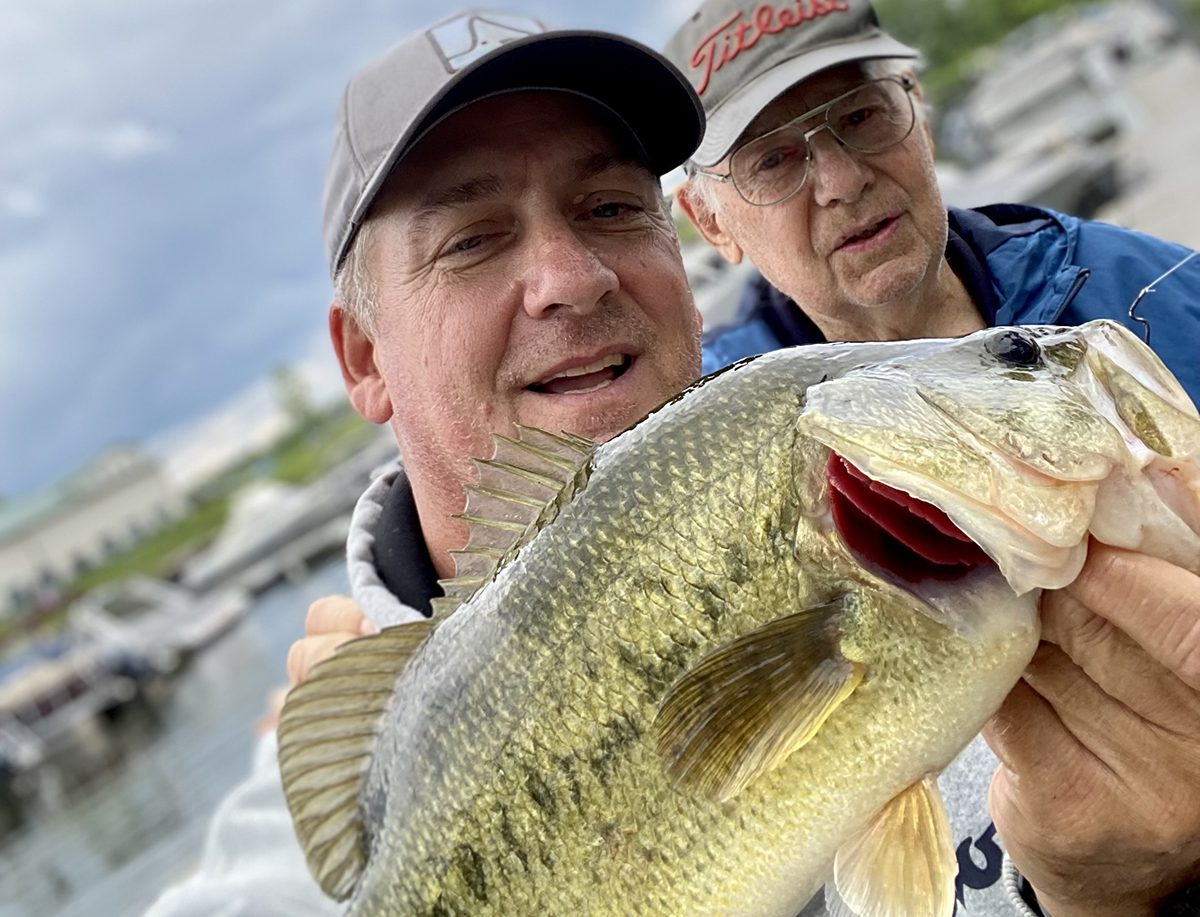
Correction: This story originally reported that Cooper had vetoed the bill.
Gov. Roy Cooper late Monday afternoon declined to sign a bill that includes granting a state regulatory agency’s request to delay new mandatory catch-reporting rules for recreational anglers and commercial fishermen.
Supporter Spotlight
The decision was over unrelated provisions that Cooper described as an “unconstitutional power grab.”
A paragraph tucked into Senate Bill 607, the 2024 version of the legislature’s annual regulatory reform measure, pushes the start of the coastal fisheries harvest-reporting system back one year, making the effective date Dec. 1, 2025.
The bill, which is now a law, also includes terminal groin language for Bald Head Island.
Shortly before 7 p.m. Monday, Cooper’s office announced in a release that the governor declined to sign the bill and veto Senate Bill 445, the latter of which pertains to court documents and proceedings.
Cooper’s statement noted that the regulatory reform bill includes “some important changes that should become law, however I am not signing this bill because there is a provision where the General Assembly is seeking to interfere with the charter and bylaws of the North Carolina Railroad, a private corporation. This isn’t about improving transportation for the people of North Carolina, it’s just another unconstitutional power grab by Republicans. Article VIII of the North Carolina Constitution protects private businesses from this type of legislative interference in their internal governance.”
Supporter Spotlight
Seeking more time
North Carolina Division of Marine Fisheries officials had asked lawmakers for more time to roll out the phased enforcement of the rules, which will require recreational coastal anglers to report harvests of flounder, red drum, speckled trout, striped bass and weakfish.
“Delaying the effective date of the mandatory harvest reporting rules by one year allows the Division of Marine Fisheries (DMF) the time to better inform stakeholders and conduct outreach and awareness around the new requirements,” Christy Simmons, Division of Coastal Management public information officer, said in an email.
The temporary rules, which must be approved by the state Rules Review Commission, were adopted June 6 by the Marine Fisheries Commission and the Wildlife Resources Commission.
Those commissions had to comply with a law the General Assembly enacted last year that detailed which species recreational anglers will be required to report and an enforcement timeline.
The law also requires commercial fishers to list on their trip tickets all catch, including finfish, shellfish and crustaceans, that they do not sell to a dealer. Dealers submit those forms each month to the state, which uses the information reported on the tickets as a means to help manage fisheries resources.
The new reporting mandate was suggested by a relatively new nonprofit called the North Carolina Marine & Estuary Foundation with the support of the North Carolina Fisheries Association, which represents commercial fishing interests, and the state chapter of the Coastal Conservation Association that represents recreational anglers.
Foundation Executive Director Chad Thomas has said the foundation supports the division’s request to push back the effective date of the law. He has said the law is meant to bring together two state agencies that have a history of conflict over their shared management of joint fishing waters, fill gaps left by federal reporting surveys, and make North Carolina a pioneer in coastal fish data management.
Under the law, the rules will be enforced in phases over three years.
The bill includes language that pushes the date of when the rules will become effective to Dec. 1, 2025, after which time a fisher caught not complying will receive a verbal warning.
Full enforcement of the law takes effect Dec. 1, 2027. Offenders of the law will be punished with a $35 fine per violation. Repeat offenders will face the threat of license and permit suspensions.
The new reporting mandate will not replace the Marine Recreational Information Program, or MRIP, which is a multi-governmental program that uses recreational fishing surveys to estimate total recreational catch.
Upward of 1 million recreational anglers fish state waters any given year, according to fisheries officials.
The mandate has been met with fierce criticism from opponents who argue the rules are unenforceable, unnecessary bureaucracy and government overreach, and question the accuracy and reliability of report collection.
Concerns also have been raised that the law does not include catches and releases of the five species be reported.
Anglers will be given the option to report their harvest by scanning a QR code or by going directly to the division’s website. Printed report cards will be placed in bait and tackle shops and other areas for anglers who do not have smartphones or are in areas that do not have cell phone service.
Anglers will be required to provide their fishing license number or first and last name, ZIP code, the types and numbers of species harvested, length of each fish, the area in which those fish were harvested and the gear used to harvest them.
Details of the reporting process may be found on the division website.
It’s unlikely anglers will be required to report flounder harvests this year because the Marine Fisheries Commission does not plan to open its recreational flounder season for 2024.
Related: No recreational flounder season likely this year; here’s why
Wildlife Resources Commission has proposed closing this year’s flounder season for inland waters. The public comment period on the commission’s proposed temporary rule for the 2024 season closed Friday.
The commission’s next scheduled meeting is July 25.







